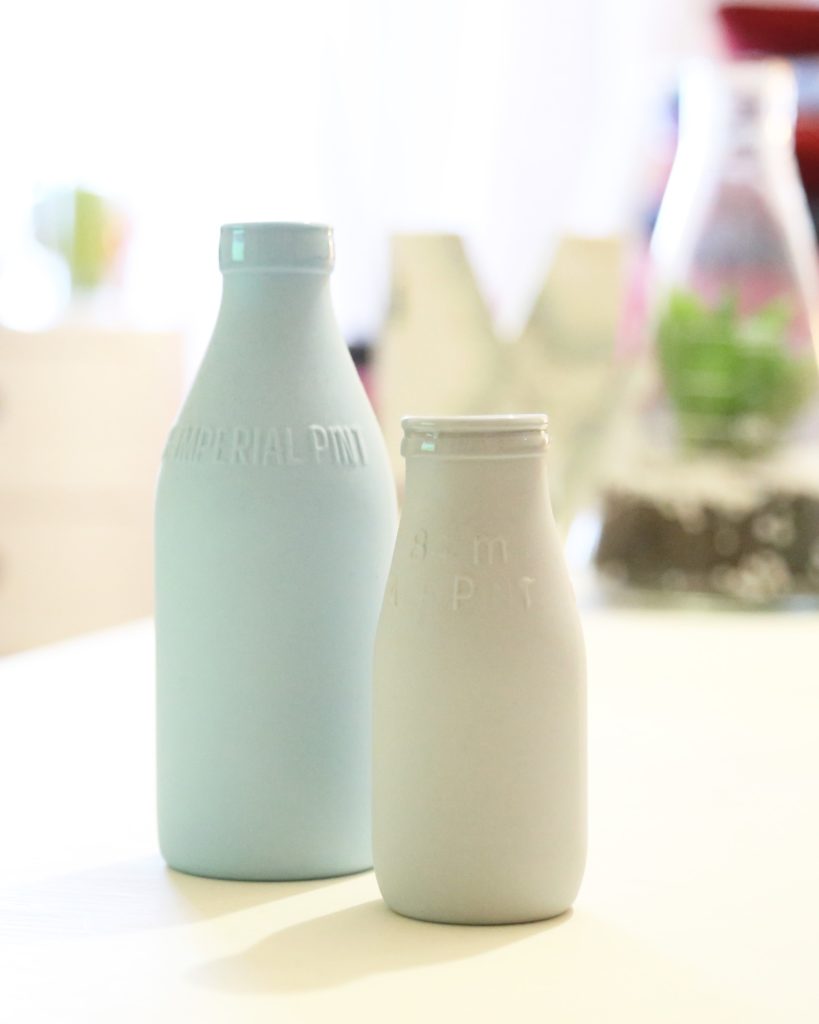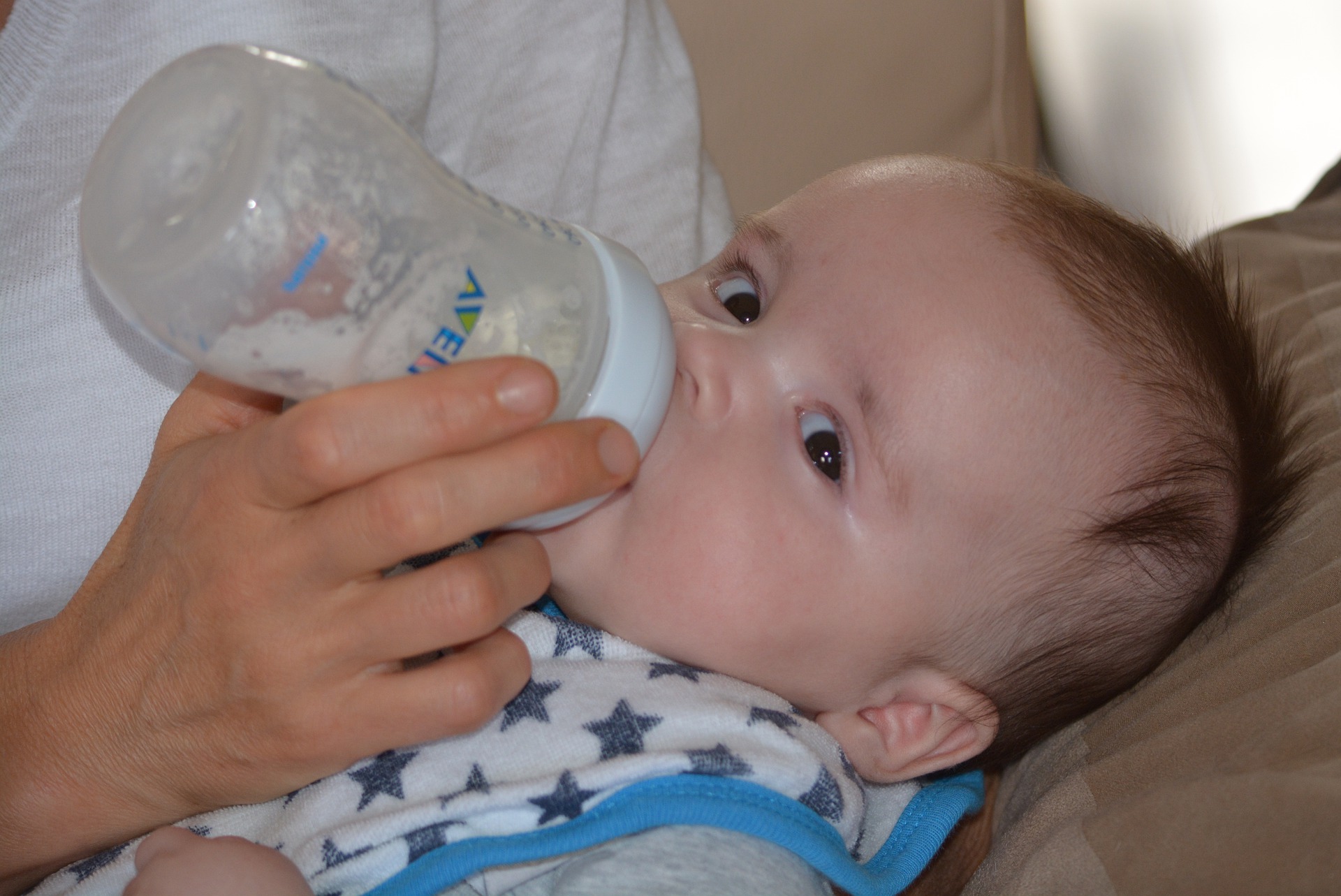There are many different types of baby formulas on the market, and it can be difficult to decide which one is right for your child. In my post here, we will take a look at Similac Total Comfort vs Pro Total Comfort infant formulas. Parents want nothing but the best for their children, but choosing the best infant formula for babies can be a little bit challenging. To help you with this, we will discuss the pros and cons of Similac Total Comfort and Pro Total Comfort, to help you decide which one is best for your child. My kids varied on which formula they liked and what worked best, so the same may be true for you.
Table of Contents
- Similac Total Comfort And Pro Total Comfort
- Similac Total Comfort VS Pro Total Comfort: Which Formula To Choose?
- The Benefits Of Using Similac Over Other Brands
- The Verdict By Sharon

Similac Total Comfort And Pro Total Comfort
The infant formulae Similac Total Comfort and Pro Total Comfort are two of the most well-known and widely used options currently available. Both of these newborn formulae are lactose-free and gluten-free, which means that they are both designed to assist a baby’s body in more effectively absorbing the nutrients that it requires. Both of these products are manufactured by Similac and are intended to give your child the essential nutrients for the healthy growth and development they need. Nevertheless, these two equations differ in significant ways in important respects.
Similac Total Comfort is a standard infant formula that contains all of the important nutrients for growth and development that your child requires. It is intended for usage from birth up until the first year of life, and it can function either independently or in conjunction with breast milk as a primary source of nutrition for the infant. Hypoallergenic formulas, like the one sold under the brand name Similac Total Comfort, are designed for use with infants who have difficulty breaking down the proteins found in breast milk. Because it does not contain lactose, it is an excellent option for infants who have an intolerance to the milk sugar known as lactose.
Pro Total Comfort is not hypoallergenic but it contains vital fatty acids DHA and ARA, which assist the development of the brain and eyes. Pro Total Comfort is a premium infant formula that is designed for use from birth to twelve months, and it can also be used as a sole source of nutrition or as a supplement to breast milk.
Additionally, Iron and nucleotides, which are crucial nutrients for a baby’s growth and development, are added to Pro Total Comfort. Iron is necessary for the development of the brain and the production of healthy blood cells. When it comes to the growth of the nervous system and the brain, nucleotides are essential. These nutrients assist the growth of existing cells and aid in the formation of new ones.
So, what’s the verdict? Which type of formula is best for your child? The answer may surprise you. Keep reading to find out!
Similac Total Comfort VS Pro Total Comfort: Which Formula To Choose?

There is no clear answer when it comes to Similac Total Comfort vs Pro Total Comfort. Both formulas have their pros and cons. It depends on what you are looking for in infant formula, and what your child’s individual needs are.
Similac Total Comfort is an excellent choice for parents seeking for low-cost, basic infant formula. It provides all your child’s necessary nutrients, is hypoallergenic, and is lactose-free. However, unlike Pro Total Comfort, it is not supplemented with DHA and ARA. Pro Total Comfort is a more expensive option, but it contains DHA and ARA, both of which are necessary for brain and eye development. It is also intended to be used from birth to twelve months, eliminating the need for you to alter formulas as your kid grows. However, because it is not hypoallergenic, it may not be the ideal choice for newborns who have difficulty digesting milk proteins.
The optimal formula for your child will depend on their specific needs. If your child has trouble digesting milk proteins, then Similac Total Comfort is a good choice. However, if you are looking for an infant formula that is enriched with DHA and ARA, then Pro Total Comfort is a better option. Ultimately, the decision of which type of formula to use should be made by you and your child’s doctor.
Always remember that it is important to consult your doctor before choosing an infant formula because they will be able to recommend a formula that is best suited for your child’s specific needs. They can also assist you in identifying any allergies or intolerances that should be taken into account when selecting a formula for your child.
The Benefits Of Using Similac Over Other Brands
Similac infant formulas are designed to provide your child with the nutrients they need for growth and development because they are made with high-quality ingredients that are essential for the baby’s health. Additionally, Similac infant formulas are available in both standard and hypoallergenic varieties, so they can be tailored to meet the needs of each child. Finally, Similac is a trusted name in baby formula, and parents around the world rely on their products to provide their children with the best possible nutrition.
The Verdict By Sharon
In choosing an infant formula, there is no one size fits all. The debate between Similac Total Comfort vs Pro Total Comfort can’t be settled because each baby has specific and different needs.
Similac Total Comfort is the cheaper alternative without compromising the essential nutrients that your child needs. It is a great option for parents who are into an affordable formula, and it is also hypoallergenic and lactose-free.
If you have more bucks to spare, the Pro Total Comfort is the more premium alternative. This formula is enriched with DHA and ARA, which are essential for brain and eye development. However, because it is not hypoallergenic, it may not be the best choice for babies who have trouble digesting milk proteins.
In considering infant formula, always include your baby’s doctor in the discussion. Their professional expertise and insights will be valuable in your decision-making. They can help you determine whether your child has any allergies or intolerances that should be taken into consideration when choosing a formula.











